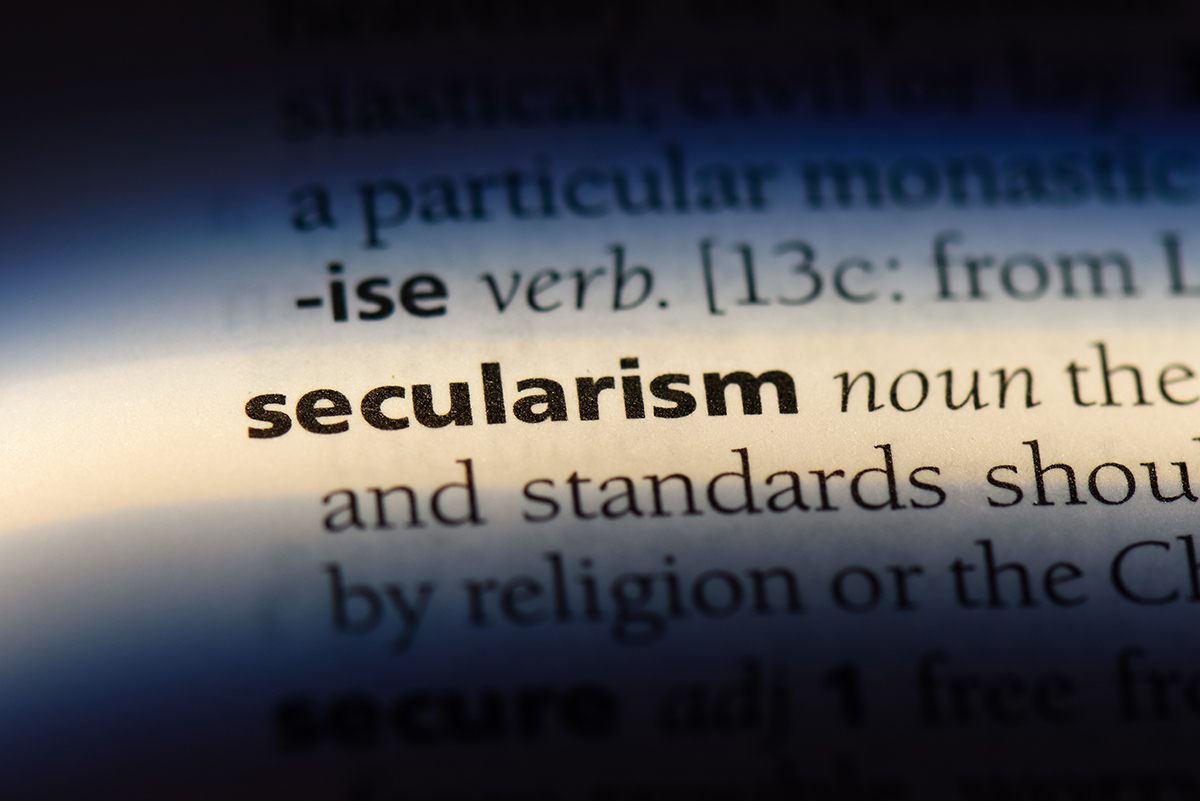Ethics
Secular Morality Does Not Depend on Faith
Here, then, we have a secular ethics connected not to 'nothing,' but to a preference for justice, fairness, and impartiality.

In his piece ‘Values: Even Secular Ones, Depend on Faith: A Reply to Jerry Coyne,’ John Staddon denies he ever claimed that secular humanism is a religion. Yet in Staddon’s original article, ‘Is Secular Humanism a Religion?,’ which I criticized in my response, ‘Secular Humanism Is Not A Religion,’ his very first sentence is this: “It is now a rather old story: secular humanism is a religion.” Has he already forgotten this?
But forget Staddon’s rewriting of history. In his new piece, he concentrates on one similarity he finds between religious and secular morality—both, he says, are based on faith:
. . . in no case are secular commandments derivable from reason. Like religious “oughts” they are also matters of faith. Secular morals are as unprovable as the morals of religion.
Nevertheless, he sees religious morals as superior because they rest on religious stories, stories that he admits are myths:
The fact that religious morals are derived from religious stories—myths in Mr. Coyne’s book—does not make them any more dismissible than Mr. Coyne’s morals, which are connected to nothing at all. In his own agnostic terms, all are matters of faith.
What a thicket we must chop through here! While the grounding of moral systems in both religion and humanism is indeed based on preference (in religion for a particular sect, in humanism for a particular social outcome), this does not mean that the rules in both cases stem from faith, i.e., strong belief without strong evidence.

This is because, as we all know, not all preferences are equal. Religious morals based on faith, scripture and authority are not subject to examination or reason; they are dictates from on high. In fact, their connection to myths has promoted values many see as repugnant. The scriptures of Christianity and Islam, for instance, have been used to justify the oppression of women, gays, and unbelievers—not to mention various rules about sex that are oppressive and ridiculous. And insofar as religious morals are subject to scrutiny and revision as society changes, then, as Plato recognized in the Euthphryo Dilemma, they become secular. There’s simply no reason why morality should be improved by connecting it to mythology.
But is secular morality really connected to nothing? Hardly! One example is John Rawls’s ethics as outlined in A Theory of Justice. Rawls sees morality as promoting justice, and presents a thought experiment about how to achieve justice. Imagine, he said, that we choose our ethics from behind a “veil of ignorance,” in which we do not know what position in society we’ll assume—male or female, black or white, rich or poor, straight or gay. We then choose our principles based on this ignorance. This scenario produces a liberal and ethical society without any faith, as well as a rational way to decide moral questions.
Here, then, we have a secular ethics connected not to “nothing,” but to a preference for justice, fairness, and impartiality. The ethical principles are objective in the sense that they’re what people would agree on behind the veil of ignorance, but of course we cannot prove a priori that a preference for fairness, justice, and impartiality is better than a preference for inequality, bias and injustice. Nevertheless, I submit that Rawls’s method produces societies far better than those derived from the dictates of any religious faith.
There are many other forms of secular ethics based on ideas similar to Rawls’s. By claiming that humanistic morality is connected to “nothing at all,” Staddon dismisses the entire history of secular ethics from philosophers like Spinoza, Kant, Mill, Hume, Rawls, and Singer.






